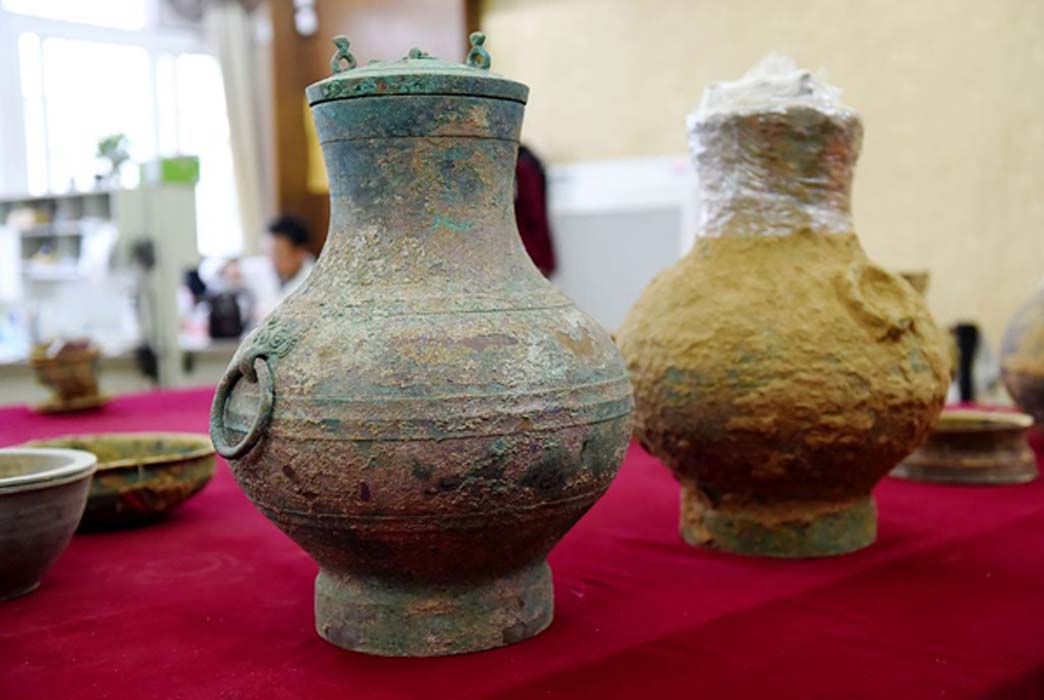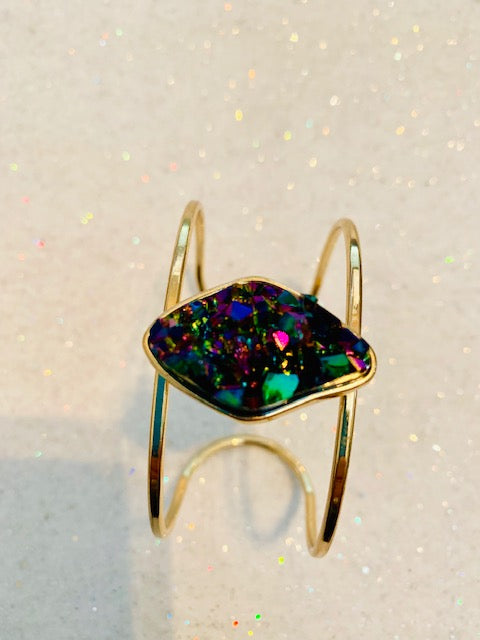
Archaeologists preserved the human remains found in the tomb and will continue to study the items that were buried alongside the individual. Other pots and relics made of bronze and jade were also found. The pot containing this supposedly magical elixir was just one of many artifacts recovered from the tomb in China’s Henan Province.

“The liquid is of significant value for the study of ancient Chinese thoughts on achieving immortality and the evolution of Chinese civilization.” “It is the first time that mythical ‘immortality medicines’ have been found in China,” researcher Shi Jiazhen told Xinhua. Needless to say, it’s unlikely that anyone will be up for testing the immortality potion themselves, but it remains a very interesting window into the customs of ancient China. It’s used in some meat processing applications today, but the compound itself can cause irritation to the skin, eyes, and internal organs if ingested on its own. Historically, it has been indicated for tonifying the kidneys and liver, detoxifying the blood and as a nutritive food. Archaeologists in Central Chinas Henan Province said Friday that the liquid found in a bronze pot unearthed from a Western Han Dynasty (202 BC-8 AD) tomb is an elixir of life recorded in ancient Taoist literature.

Potassium nitrate is often used in fertilizers and is a major component in some gunpowder. Lab tests revealed the liquid to be a mixture of potassium nitrate and alunite, or aluminum potassium sulfate.

Geologists studying Stonehenge rocks finally discovered where they came from Ironically, Qin Shi Huang died from the toxic effects of consuming a so-called Elixir of Life made of mercury. Scientists gave mice infrared vision, but could they do the same for humans? The First Emperor of China, Qin Shi Huang, was terrified of death and much of his reign was focused on the search for immortality and the Elixir of Life. China is going to Mars with a new rover next year


 0 kommentar(er)
0 kommentar(er)
